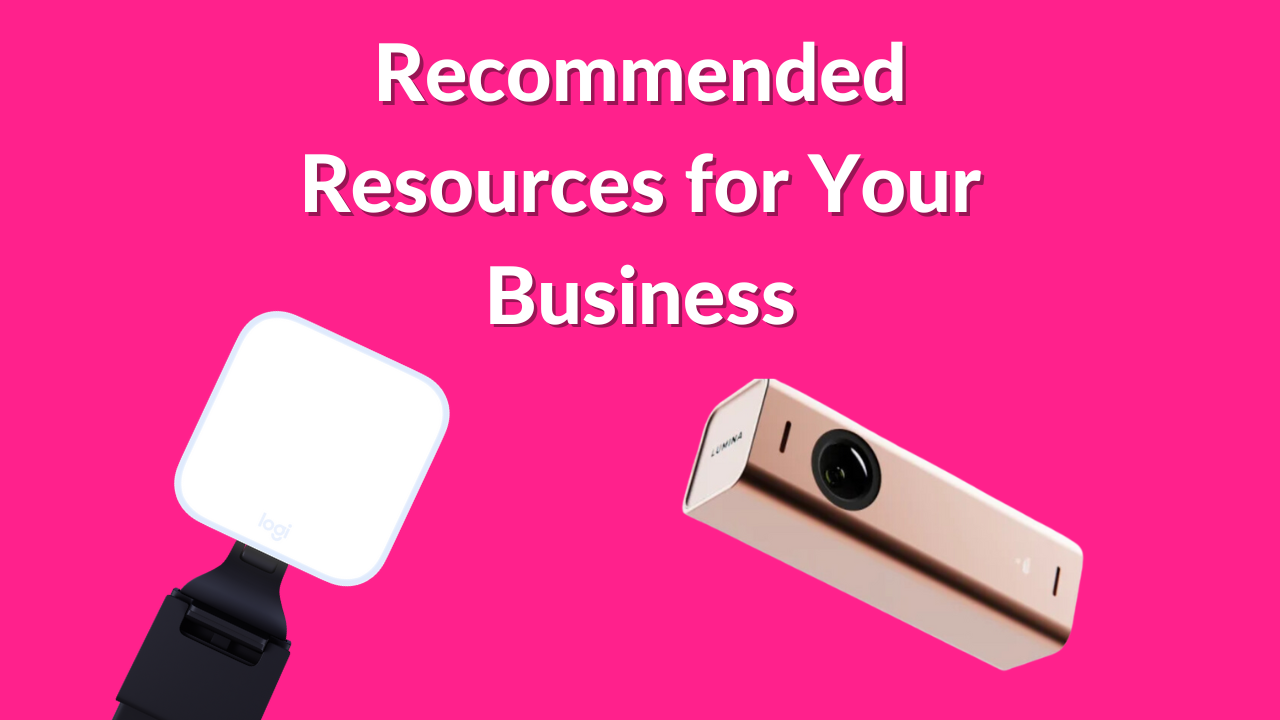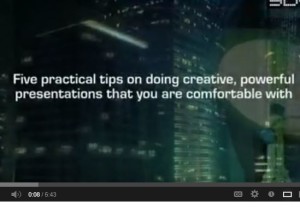The three foot rule is simple. You tell everyone who gets within three feet of you about your business, products or services. This doesn’t just apply to networking meetings and business functions. Try it at the gym, in line at the grocery store, picking up your kids from swimming lessons.

You don’t need to be pushy or obnoxious. And don’t give a laundry list of your services. Just pick one small part of your business and work it into the conversation.
For example, when the clerk at the grocery check out asks how you’re doing, reply, “Great! I just helped a business client through a tax audit. Not only did they come through with flying colours, they’re getting back more money than expected.” Or, “I’m so excited. We just got in a new widget at our store. Not only does it slice and dice, but it makes coffee too. Our customers love it!”
Like with business cards, odds are the majority of people will smile politely and forget about you as soon as you leave. But it only takes one person to say, “Hey, I know someone who’s looking for that service. How can they get in touch with you?”
And best of all, using the three foot rule is free. So what have you got to lose?
Making the Most of the Elevator Speech
Closely related to the Three Foot Rule is the Elevator Speech. The purpose of the Elevator speech is to tell someone about your business in the time you might travel in an elevator together. Most people save the Elevator speech for formal networking events. However, you can use it any time someone asks what you do.
The problem with most elevator speeches is the speaker focuses on themselves – giving a laundry list of their products, services and processes. If you’ve just met, the person you’re talking to doesn’t care about what you do. You need to find a way to pique their interest by focusing on their needs and problems.
The best way to do this is to start your elevator speech with who your target market is and finish with what problem your target market has that you solve.
An accountant might say, “I work with rapidly expanding Information Technology firms that are paying too much in taxes.” This way the listener knows right off the bat if they, or someone they know, has a need for your services.
The elevator speech is not intended to be the definitive description of your business. After all, it is rare that after you deliver an elevator speech someone says, “Hey, that’s just what I need. Here’s a cheque.” The goal of the elevator speech should always be to start a conversation. That’s all. You’re not going to close the deal yet.
Let me say it again: the purpose of the elevator speech is to start a conversation. All you are trying to do is pique the listener’s interest and hopefully get them to ask a question. By asking a question, they are giving you permission to give more information.
So, how do you know if you have the right elevator speech? By testing. You won’t know for sure until you test it out. Over the next two weeks, commit to trying you new elevator speech on 50 people. If you’re getting glazed eyes, you need to rework it. If you are getting questions, you’re on the right track.
Get started on your elevator speech today. And come back tomorrow when I’ll talk about taking your business cards and elevator speech out for a spin at a networking event.
Andrea J. Stenberg





